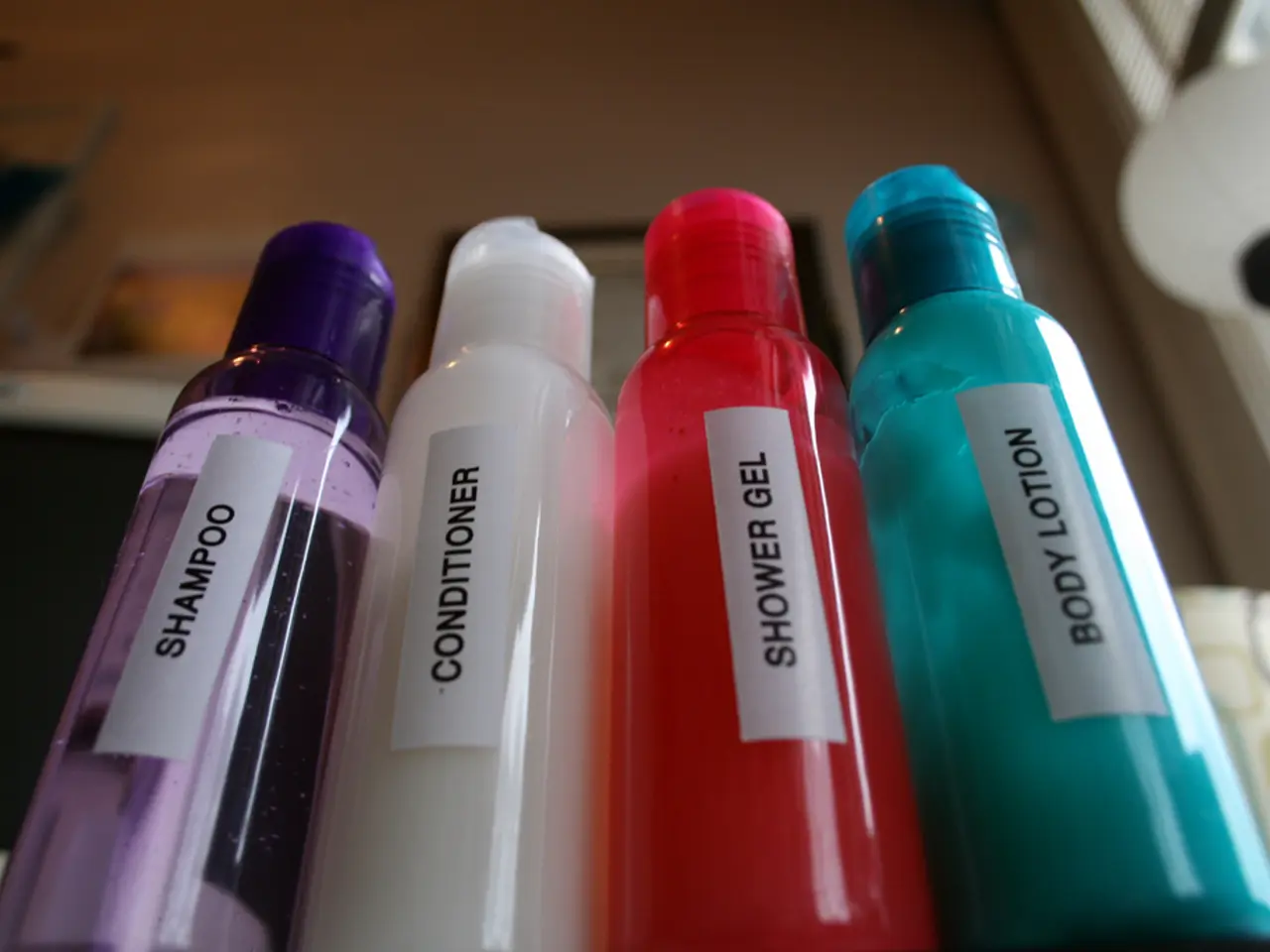PicoSure Laser Shows Promise in Treating Melasma Without Hyperpigmentation
Melasma, a common skin condition causing dark patches, predominantly affects women with darker skin tones. A revolutionary treatment, the PicoSure laser, produced by Cynosure, has shown promising results in reducing melasma without causing hyperpigmentation.
Melasma, often triggered by sun exposure, hormonal changes, and stress, is a challenging condition to treat. Various methods exist, including topical treatments, chemical peels, and microdermabrasion. However, laser therapies have emerged as effective options.
The PicoSure laser, manufactured by Cynosure, stands out. It uses pressure to target pigment cells, reducing melasma without causing further discoloration. Another laser, the Q-Switch, breaks down melanin into smaller pieces, also effectively reducing melasma, particularly in those with darker skin tones. On the other hand, Intense Pulsed Light (IPL) should be approached cautiously, as it may worsen melasma in darker skin tones.
Fractional laser rejuvenation, or Fraxel, stimulates skin renewal, improving melasma appearance by promoting skin cell renewal and reducing pigment intensity. Multiple laser treatment sessions, typically spaced about 30 days apart, are usually needed for optimal results. Side effects can include redness, discoloration, burning, stinging, and infection risk. Therefore, a personalized approach by an experienced dermatologist is crucial for safe and effective application.
Melasma, a common skin condition affecting women with darker skin tones, can be effectively treated with laser therapies like PicoSure and Q-Switch lasers. However, caution is needed with IPL. Multiple sessions and a personalized approach by an experienced dermatologist are key to achieving optimal results while minimizing side effects.
Read also:
- Willich's Senior Citizens Prepare for Council Elections, City Celebrates International Day of Older Persons
- Indigenous-Managed Forests Key to Fighting Amazon Fires and Saving Lives
- Chronic Stress: Holistic Management for Physical and Mental Health
- Pre-Hispanic Colombian Faces Revealed: Digital Reconstruction Unmasks Mummies





